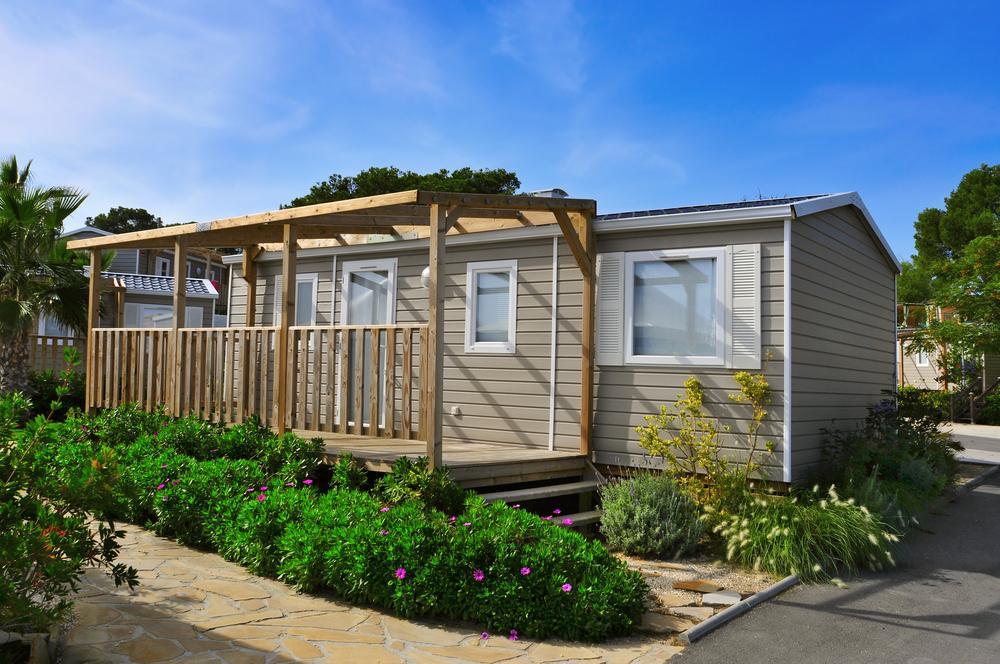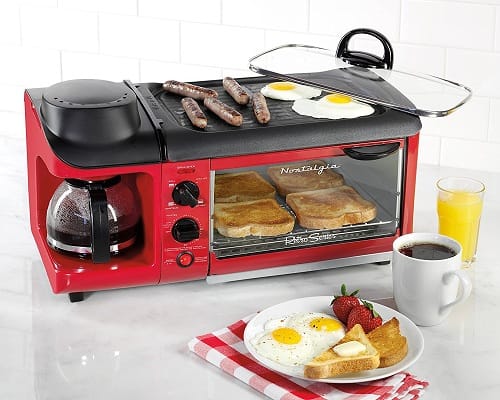Since the time of your grandparents, mobile homes have advanced significantly. Today’s residences have replaced the 1950s trailer homes, and occasionally you can hardly tell the difference between the two without looking.

Mobile houses are currently experiencing a slight resurgence thanks to more attractive options at reasonable rates. In addition, many people are considering downsizing to mobile homes to save money due to the hot housing market in most places. Looks good, doesn’t it? But in the long run, is this a wise decision?
Nope!
Mobile homes are a horrible investment because their value plummets incredibly quickly, much like your automobile does when you drive it off the lot. Purchasing a mobile home is different from purchasing real estate. Why? The mobile house is considered personal property even though the land it is situated on is real estate.
Listen: We’re not suggesting mobile homes aren’t wonderful. There are some out there that seem pretty cool! Some of the newer manufactured homes might even be more well-engineered than some older “normal” houses (I mean, how is that shack down the street still standing?). However, this does not deem them to be wise long-term investments.
What Is A Mobile And Modular Home?
The traditional, self-contained shoebox-shaped dwellings frequently found in trailer parks—the ones popular in the middle of the 20th century—come to mind when most people hear the word “mobile home.” But that is not the case now. A mobile house is a prefabricated building constructed in a factory and then relocated to its final location on a permanently linked chassis.
It originated from the travel trailer, a compact vehicle with permanently attached wheels, frequently used for camping and long-distance travel. In its early years, it was sometimes referred to as “home trailers” or “trailer coaches.” people usually choose this housing because of their mobility. Purchasing a “mobile home” instead of a traditional stick-built house has several benefits, but there are drawbacks as well. Consider the advantages and disadvantages of buying mobile home to ensure your choice aligns with your financial and housing objectives.
A modular building is a prefabricated structure made up of repeatedly placed components known as modules. When a design is modular, pieces are built elsewhere and transported to the desired location. The prefabricated parts are installed on site. The only manufactured home that isn’t technically movable is this one. Like its predecessors, the modular house’s features are constructed in factories, but unlike stick-built homes, its parts are linked to a permanent foundation at the home site. When everything is finished, and the house is ready to be occupied, you hardly notice the difference between it and a regular home.
But they all share one thing in common: These homes are manufactured in sections off-site in a factory and transported over on trucks as opposed to conventional stick-built homes, which are built at the home’s final location. They are frequently referred to as “prefabricated” because of this.
(You may like this: How to Enhance Exterior Design | 5 Tricks You Should Know)
Cost Of Mobile Homes
All mobile homes eventually experience some value loss, regardless of their name. Although it may not be just, perception plays a significant role in the mobile home market.
The value of your mobile home won’t increase if the typical person can see it and believe it arrived on a truck.
In November 2021, the average cost of a new mobile home, as the U.S. Census Bureau reported, was close to $112,000. 3 Of course, the cost changes depending on the size and style of the house.
Because these homes need to be shipped, buyers should know that prices and size restrictions differ from state to state. Additionally, the cost will be determined by add-ons and individual customizations (such as stylish granite countertops) (like a large front porch). In addition to the price of the home, additional expenses are considered, such as insurance, which varies according to the location of the Mobile home.
When purchasing a mobile home, you must buy or lease the land on which one will place it. The national average cost of a mobile home lot is $200 to $300 a month, but those prices will reflect the real estate costs of your state and city. For instance, if you reside in a high-cost state like California, your situation may be substantially better than average compared to Indiana.
The property’s price is also influenced by any services you may have access to, such as electricity, garbage removal, or even a pool on-site.
Investing In Mobile Homes
You won’t consider a mobile home investment if you’re wise. Purchasing a mobile home is comparable to buying a very large vehicle for your living. We all should be aware that autos depreciate with time.
Some people like to make the case that buying a mobile home is preferable to renting an apartment or house. But let’s look more closely. All you lose is the $1,200 you pay monthly rent, for example. However, because a mobile place may lose value quickly, purchasing one still results in daily financial loss. Tax-wise, it can look wonderful, but it’s bad for your home’s market value.
A mobile house is ultimately a gamble, and the chances aren’t in your favor. Gambling is only enjoyable if you can afford to lose the wager. You don’t want to involve your entire family in a poor long-term stake.
Alternative Investment Options
Mobile homes are not among the best real estate investment prospects available today, and this is due to one special word: appreciation. Despite the market’s ups and downs, most homes gain value over time. Property values have been increasing essentially uninterrupted for the past nine years. Meanwhile, mobile homes have followed your car’s lead and depreciate annually.
The value of several models of mobile homes has indeed increased. According to data from the Census Bureau, the average price of a mobile home increased between 2020 and 2021. 11 And that’s probably because of the absurdly high overall housing market. However, the value of mobile homes has historically declined over a long period—decades, in this case. When it does, it won’t rise as much as typical residences. Additionally, the mobile home will continue to lose value as the bubble breaks (which it always does).
Another significant real estate key? Location! Purchase a house in a neighborhood that is growing. Doing so will allow you to purchase a home for less money and weather any market downturns as your property’s worth increases.
One of your largest investments will be in real estate. It can be lucrative, but if you don’t have all the necessary skills in your toolbox, navigating it can be very challenging but worthy.
Image source: Depositphotos





